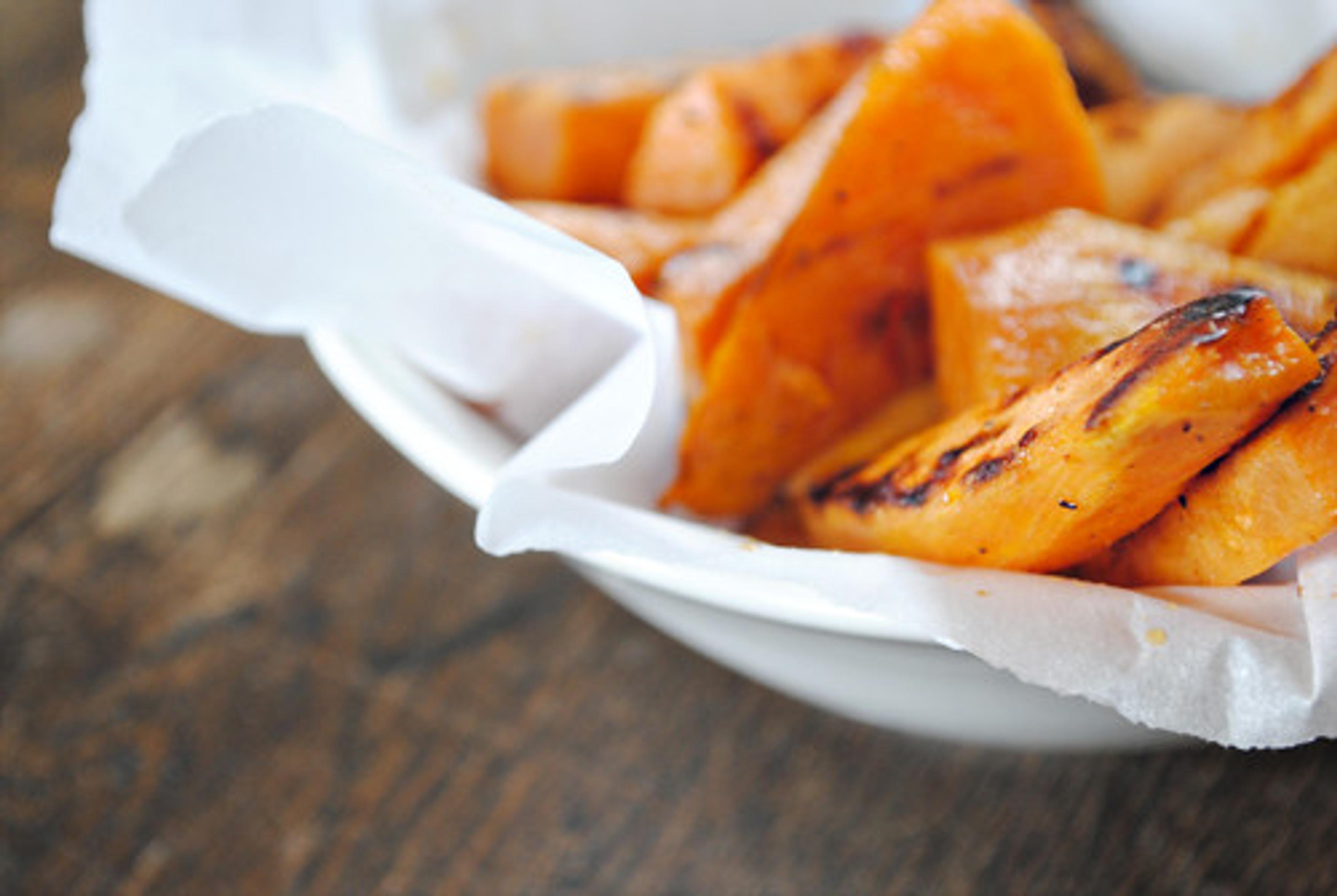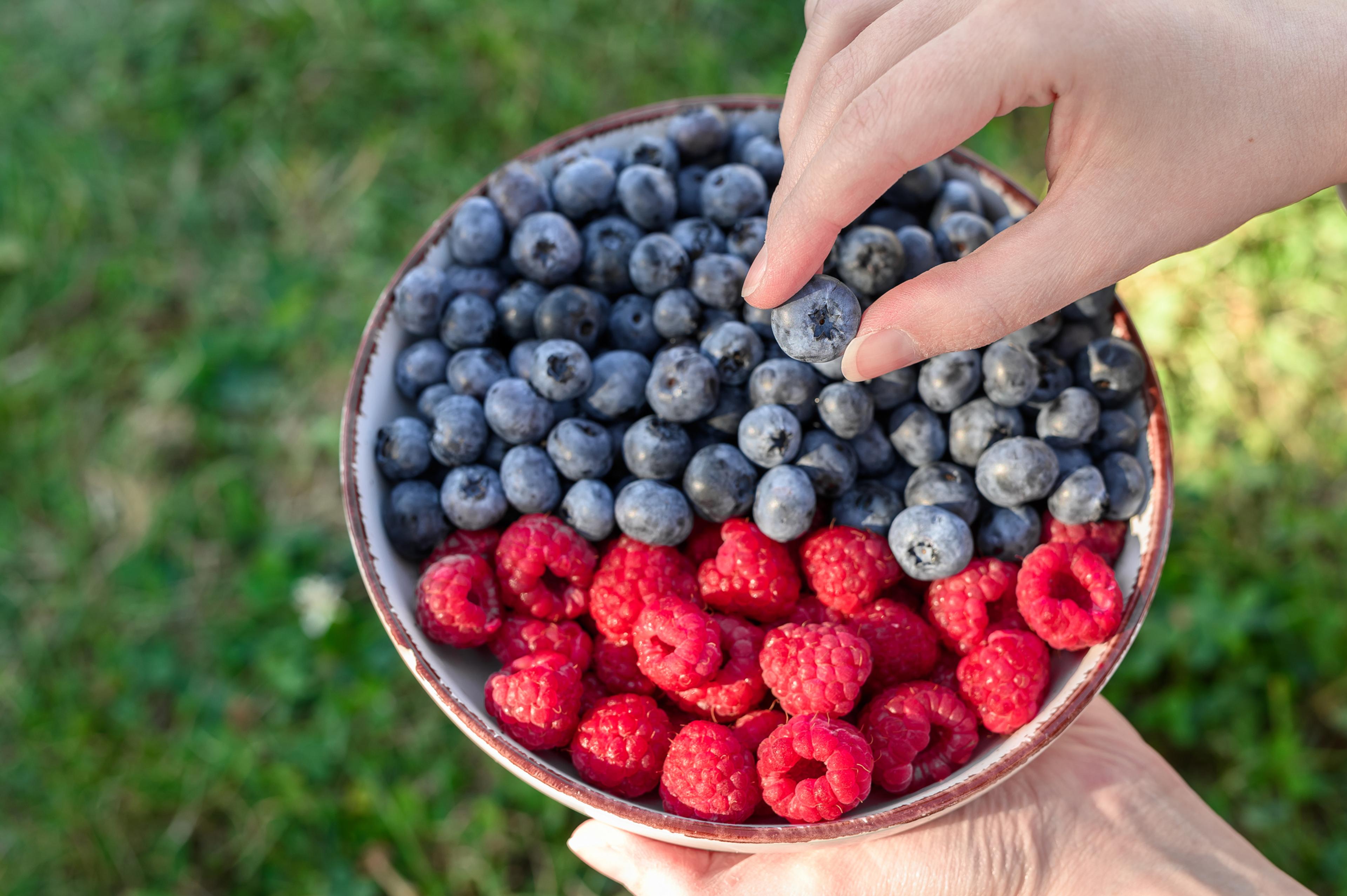Nutritionally speaking, sweet potatoes are pretty super

David Lingholm
| 2 min read

In the world of superfoods, the humble sweet potato is pretty super. It is packed with so many nutrients that some publications have declared this tuber one of the world’s healthiest foods. If that billing seems far-fetched, consider this:
- Sweet potatoes have as much beta-carotene as carrots, a powerful antioxidant found only in plants.
- One medium sweet potato contains 35 percent of your recommended daily intake of Vitamin C, which helps wounds heal more quickly
- These spuds are great sources of magnesium, a mineral needed for healthy artery and nerve function.
- They have a low glycemic index score, meaning that the starches in sweet potatoes burn more slowly and are less likely to cause spikes in insulin levels.
- They are loaded with potassium, a mineral your body needs to help naturally regulate blood pressure.
Even with all of these health benefits, its popularity pales in comparison with the white potato. On average, Americans eat 5.2 pounds annually of sweet potatoes compared to 117 pounds of its not-quite-as-healthy cousin.
As with any superfood, the way the food is prepared and consumed can negate any of the health benefits you are trying to gain. For example, sweet potato fries taste great but the process of frying and adding salt to the potatoes makes them unhealthy. So does adding a ton of marshmallows and sugar to that sweet potato casserole everyone loves for Thanksgiving.
So, how do you add more of this healthy food to your diet in a tasty and healthy way? How do sweet, spiced potato chips sound? If you’re making latkes for Hanukkah, why not try this recipe? If you still enjoy the occasional steak like I do, have you thought about pairing it with these simple sweet potato “fries”?
What is your favorite healthy way to prepare this superfood?
Photo credit: satakieli





